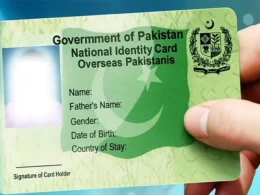Pakistan has recently announced a comprehensive strategy aimed at bridging the external financial gap, focusing on enhancing foreign direct investment (FDI) in various sectors. The plan anticipates significant investments in energy, aviation, minerals, agriculture, and other key industries.
The Ministry of Finance disclosed that countries such as Saudi Arabia, the UAE, and Qatar have expressed interest in investing in Pakistan, and FDI is expected to see a substantial increase from January of the upcoming year. The potential investments align with efforts to boost economic growth and development.
Several initiatives are in the pipeline, including the likely outsourcing of Islamabad International Airport this month and ongoing efforts to privatize the national airline, Pakistan International Airlines (PIA). Arab companies are anticipated to invest in the management and operation of airports and seaports.
Pakistan’s recent Free Trade Agreement with the Gulf Cooperation Council has paved the way for increased collaboration and investment. The Special Investment Facilitation Council (SIFC) is actively working to attract more investments, drawing attention from international entities.
Sources reveal that the International Monetary Fund (IMF) has requested a briefing on the role of the SIFC. The IMF will be apprised of the council’s measures aimed at enhancing tax collection and managing subsidies effectively.
Moreover, consultations are ongoing with the International Finance Corporation regarding the potential transfer of management control of power distribution companies to the private sector. Expressions of interest from countries like France, Germany, and Korea have been received for administrative control agreements related to power distribution companies (Discos). These measures collectively aim to foster economic growth, attract investments, and strengthen Pakistan’s financial outlook.









